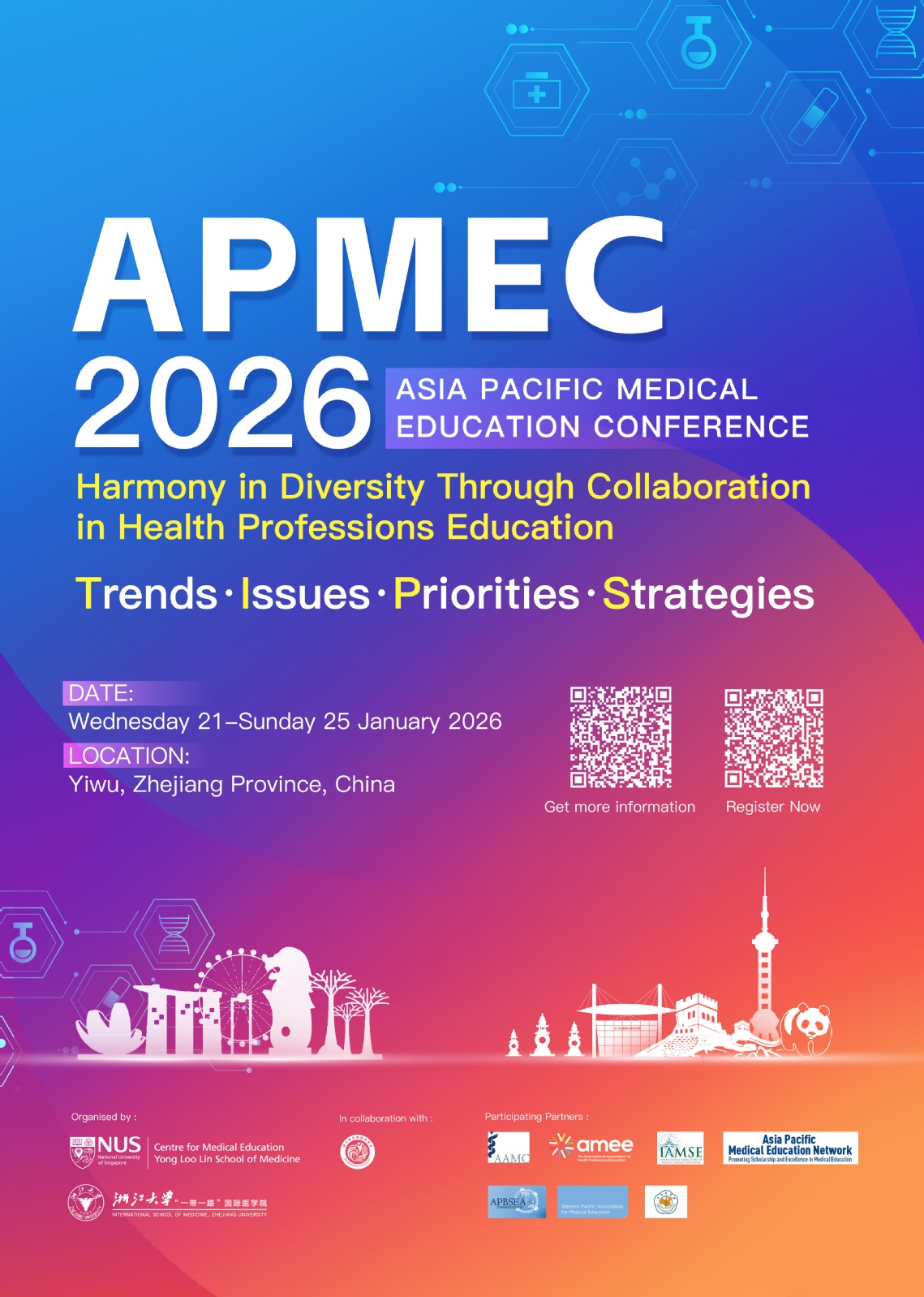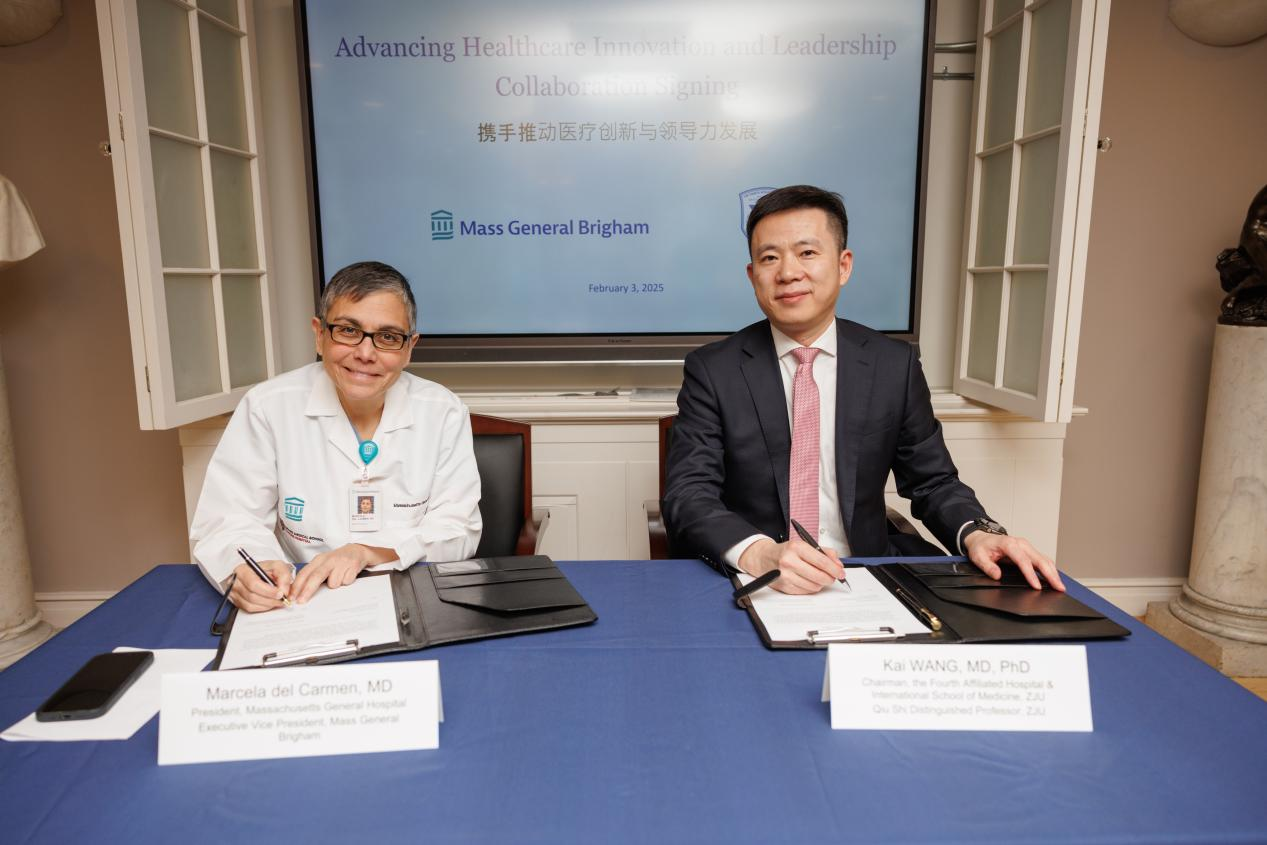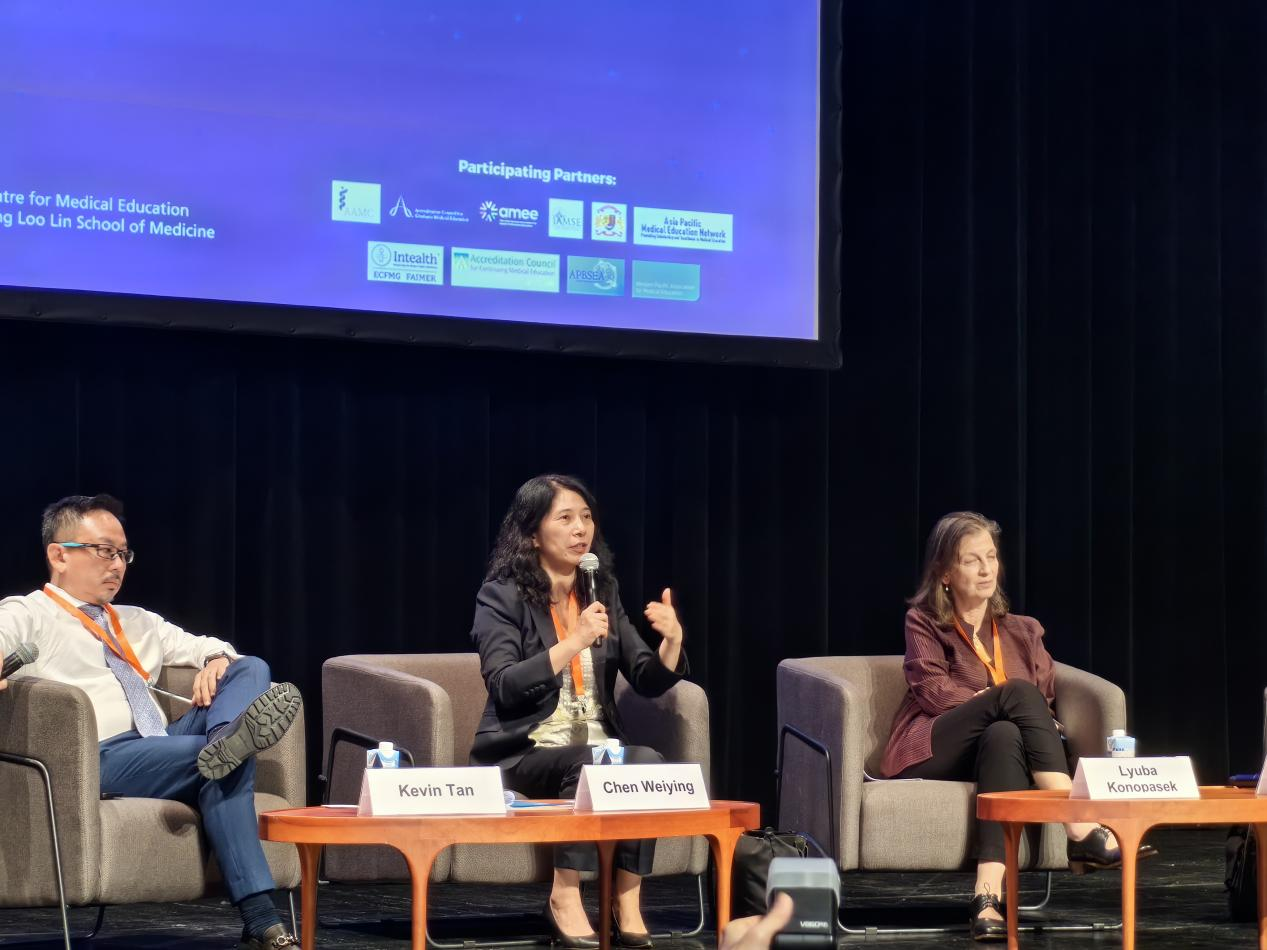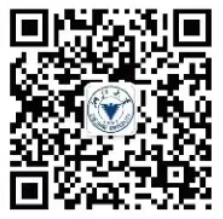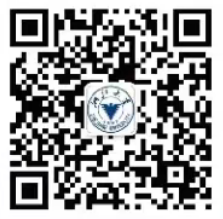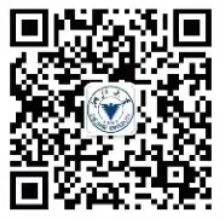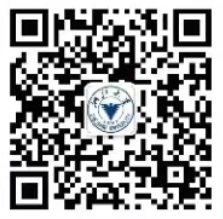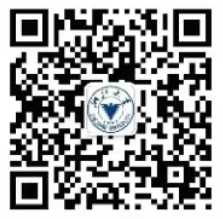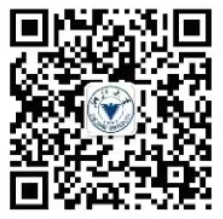With the spirit of "cooperation, innovation, communication and win-win," the Lead Lecture Series was officially launched in 2022. The lectures were held between the International School of Medicine, Zhejiang University (ZJU-ISM) and its international partners bimonthly. The ongoing aim of the lectures is to broaden the horizon of researchers, providing more cross-border academic exchange and communication with world-class universities. Therefore, this will advance the development of disciplines and scientific research of the ZJU-ISM.
1 The First Lead Lecture Series
On January 20th, the first Lead Lecture Series was held as scheduled. The ZJU-ISM and the Faculty of Medicine, Hebrew University of Jerusalem (HUJI) held an international academic symposium and signed a memorandum of understanding. The opening session was presided over by Wang Kai, Associate Dean of the International School of Medicine.
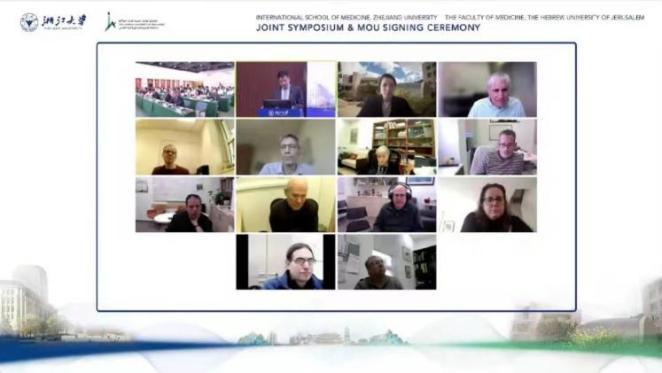
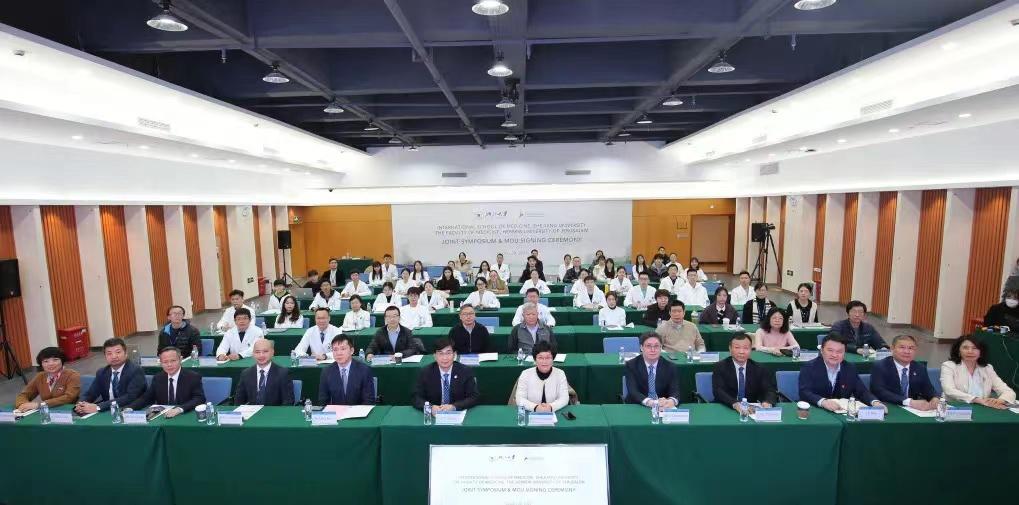
At the opening ceremony, Huang Hefeng, Dean of the International School of Medicine, ZJU and Oron Shagrir, Vice President of the HUJI delivered speeches. “If Zhejiang University and the Hebrew University of Jerusalem are going to plant a seed in the partnership, the soil is fertile enough for the embryo to grow,” Huang said, an expert of embryo original diseases. Prof. Shagrir echoed her thoughts: “We started our partnership in 2013, and have strengthened it, especially in biomedical science.”
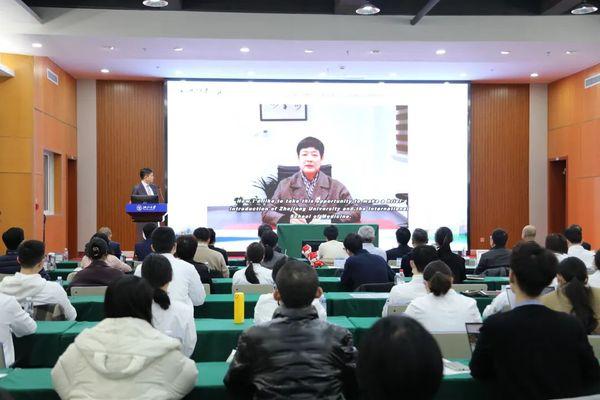
Huang Hefeng, a fellow of the Chinese Academy of Sciences, Dean of the International School of Medicine, ZJU
The memorandum of understanding was signed by Xu Jian, chairman of the International School of Medical, ZJU and Dina Ben Yehuda, dean of the Faculty of Medicine, the HUJI under the witness of experts and scholars from both parties.
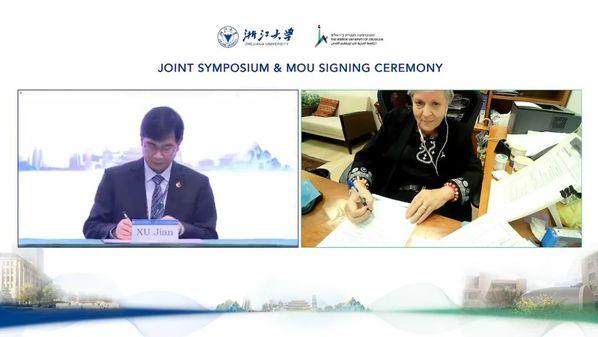
The signing of the memorandum of understanding
At the joint symposium that followed, 18 experts and scholars from both sides discussed achievements and progress on basic medical issues such as tumors, reproduction, development, aging, and metabolism. Drawing on recent medical developments, the symposium presented cutting-edge research and sparked heated discussions among the participants. Celebrating the 30th anniversary of the establishment of diplomatic relations between China and Israel, the success of the symposium built an important bridge between the two countries in the cause of human health.
2 The Second Lead Lecture Series
On April 26th, the second Lead Lecture Series lecture was held. The topic was motor circuits, and the symposium was presided over by Dr. Li Xiangyao. Nearly 100 participants attended the meeting in person and on-line, including principal investigators, clinicians and students from both sides.
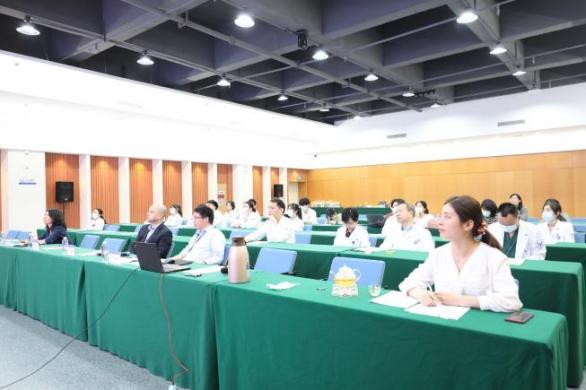
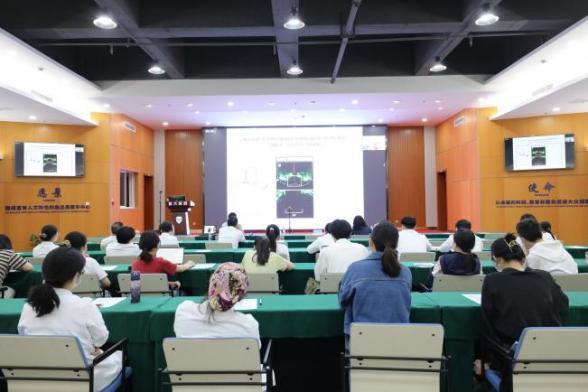
Prof. Avihu Klar from the HUJI shared his research work on wiring the spinal cord - the evolution and function of the spinal neuronal circuit. His work is aimed toward decoding the wiring of spinal neuronal circuits and understanding the role of interneurons in motor control. In the following section, Prof. Bai Ge from ZJU talked about molecular insights into motor circuit assembly and diseases. He illustrated that normal behavioral functions rely on precise and complex neural circuits linking large ensembles of neurons. Abnormal circuit development, neurodegenerative diseases, and neural injury are detrimental to the performance of the nervous system. However, the regenerative capacity of the mature mammalian central nervous system (CNS) is extremely limited, creating a major clinical challenge.
3 The Third Lead Lecture Series
On July 28th, the third Lead Lecture Series lecture was held. The topic concerned immunology, and the symposium was presided over by Dr. Chen Weiyu.
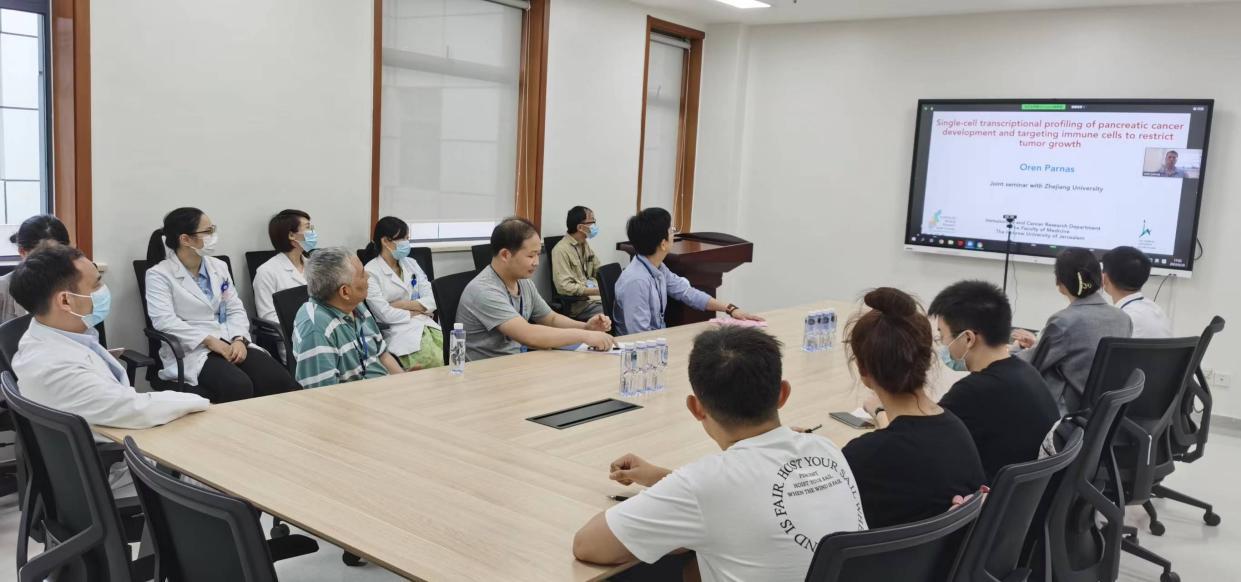
Prof. Oren Parnas from the HUJI gave a topic about single-cell transcriptional profiling of pancreatic cancer development, and targeting immune cells to restrict tumor growth. He investigates how pancreatic cancer develops and the way that the immunosuppressive environment is evolved. In addition, the lab screens for genetic modification in immune cells that can improve immune cell function. Later, Prof. Yao Yushi from ZJU-ISM shared his work about innate immune memory in alveolar macrophages and trained immunity in the lung. He aims at deciphering cellular and molecular mechanisms in the regulation of respiratory mucosal anti-infectious immunity and the development of immunological memory.
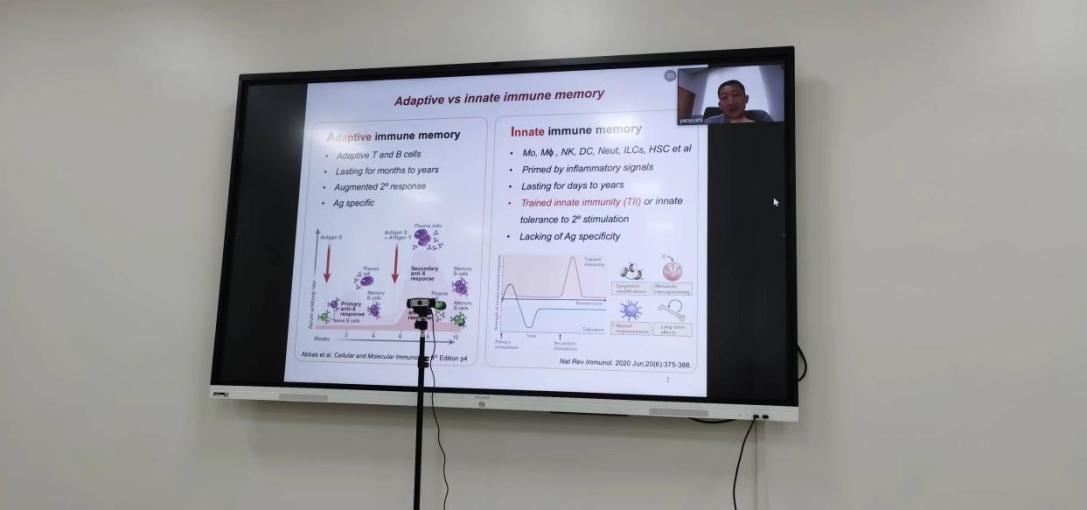
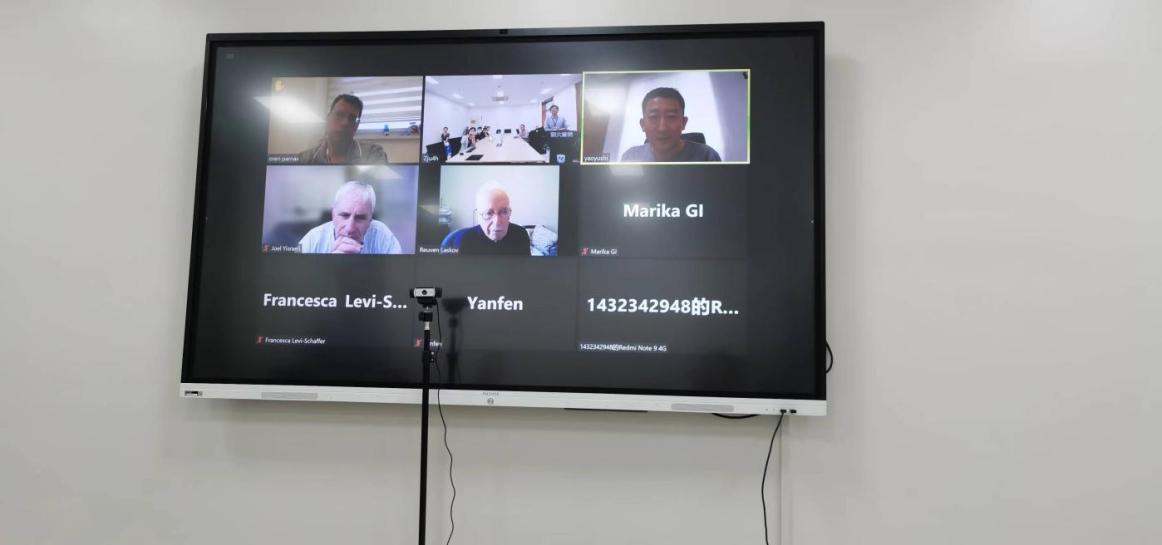
4 The Last Lead Lecture Series
On November 29th, the last Lead Lecture Series lecture was held. The topic was metabolism, and the symposium was presided over by Dr. Zhang Lingling. Prof. Ehud Cohen from the HUJI introduced protease cathepsin B in Alzheimer’s disease – a friend or a foe? Late-onset neurodegenerative disorders such as Alzheimer’s and Parkinson’s diseases are tightly mechanistically linked to the aggregation of aberrantly folded proteins and onset in the late stages of life. Prof. Ehud tested the feasibility of protecting worms and mice from Alzheimer’s-like disease by regulating the protease of the related signaling pathways. Then, Prof. Sun Qiming from ZJU-ISM talked about a regulatory circuit that regulates FAM134B-mediated ER-phagy. He pursues two interlocking areas of investigation: the basic biology of organelle hemostasis regulated by canonical and non-canonical autophagy, as well as how the dysfunction of these pathways is connected to tumorigenesis, metabolic syndromes, infectious diseases and neurodegeneration.
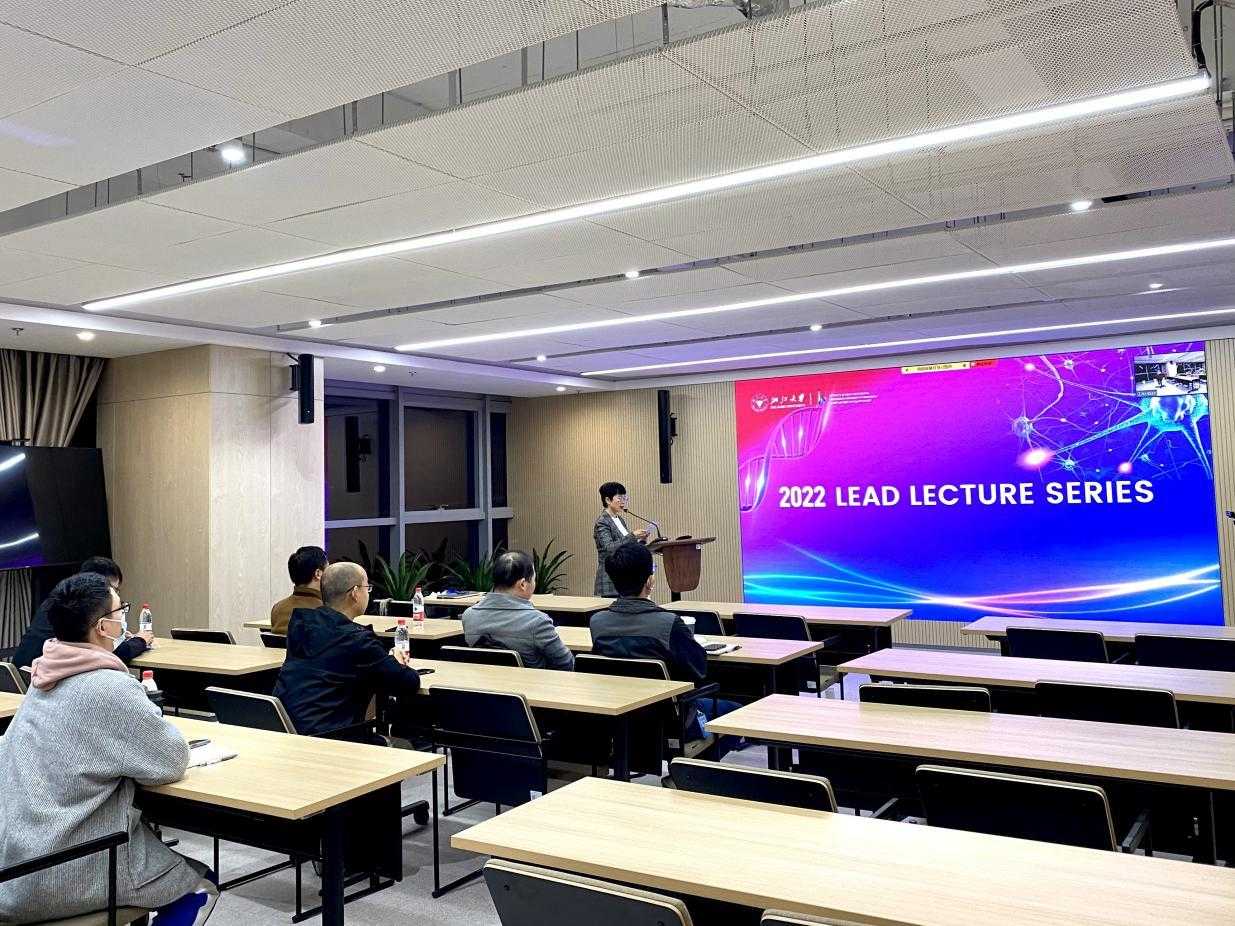
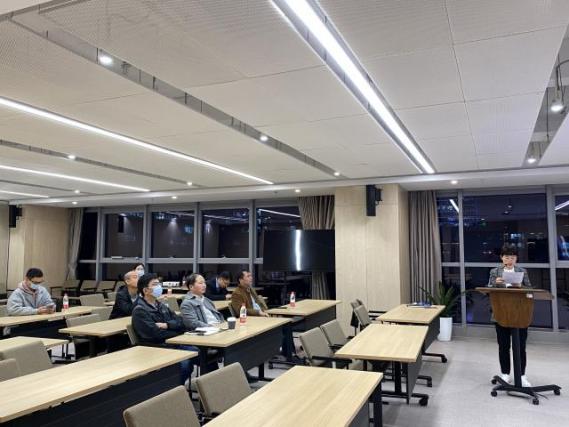
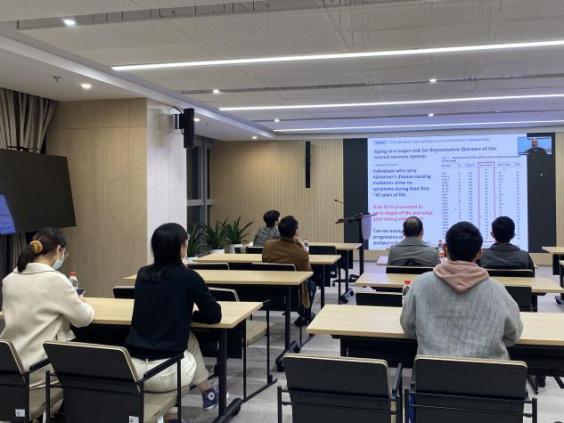
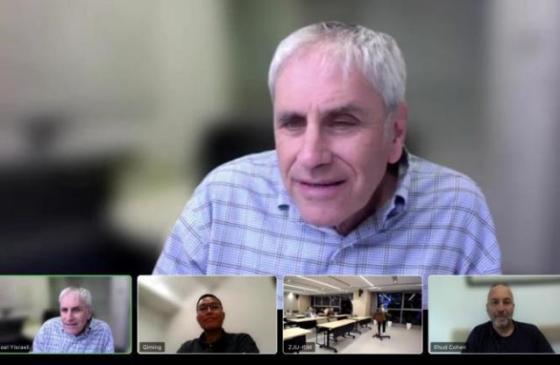
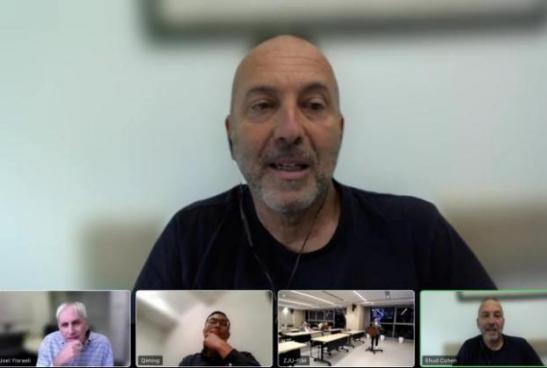
The Hebrew University of Jerusalem, founded in 1918 and opened officially in 1925, is Israel’s premier university as well as its leading research institution. It is ranked internationally among the 100 leading universities and first among Israeli universities. Its outstanding scholars have achieved impressive breakthroughs in a variety of disciplines including humanities, social sciences, natural sciences and medicine. The joint symposium provides an opportunity for complementary benefits, reinforcing international cooperation between the two parties, aiming to cultivate high-level scientific research outcomes with a global vision. Prof. Joel Yisraeli, the Chairman of the Department of Developmental Biology and the Cancer Research Institute for Medical Research, HUJI, said: “It was a very nice beginning for the lecture series. The talks were very good and the discussion was interesting.” Dr. Weiying Chen, Vice Dean of the International School of Medicine, Zhejiang University, said: “The Lead Lecture Series provides our students and faculty a diversified platform to gain access to cutting-edge medical knowledge, clinical skills and scientific research with world-class universities, which will inspire our scientific innovation and cooperation.”
As 2022 comes to an end, we look forward to the continued success of the Lead Lecture Series.



